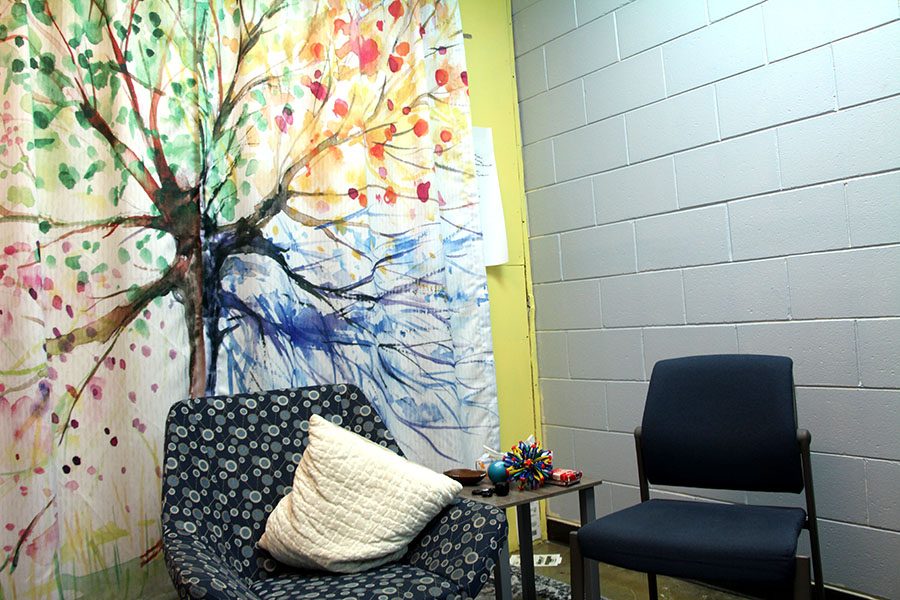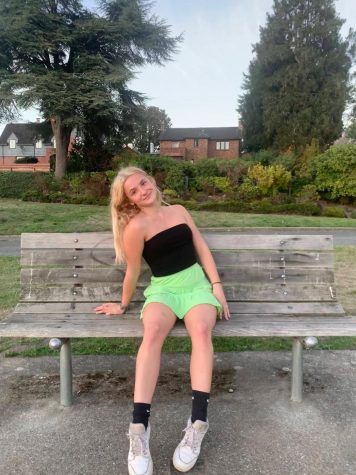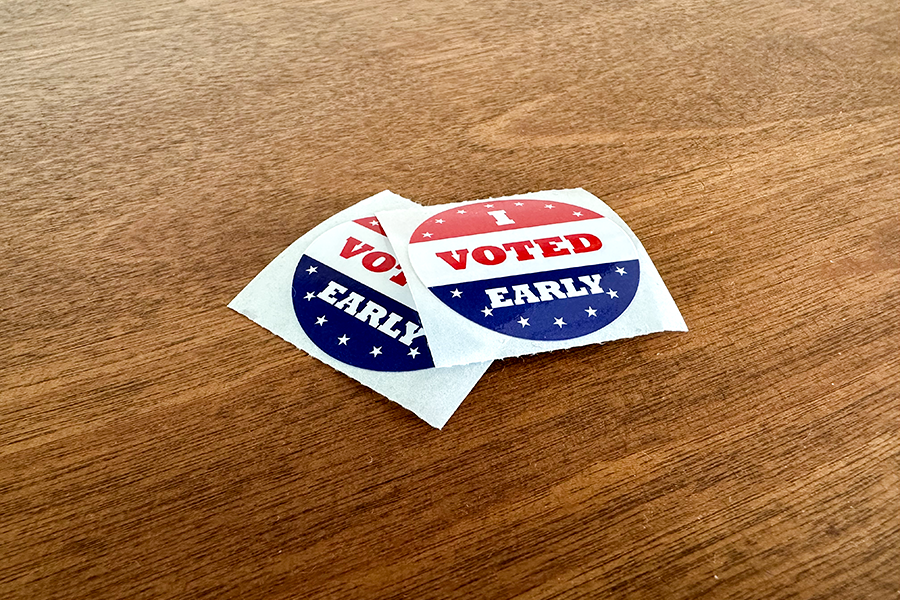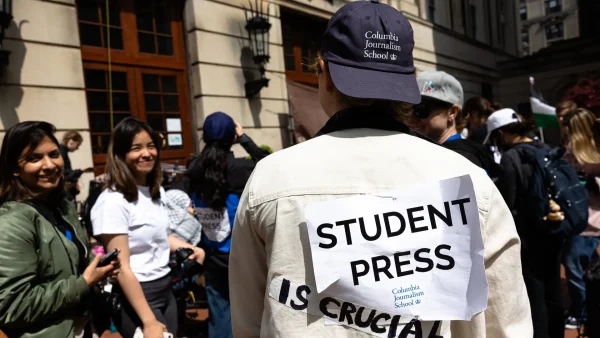Mental health resources bring intersectionality to South
The South Mental Health Clinic’s office for therapist, Farah Hussein. Hussein said she wants for “Students to just feel comfortable to come here and talk to us.” Photo: Ellie Barnett Cashman
October 22, 2018
South High’s Clinic features mental health services. This has been accessible for students and families for years, though in recent years, different cultural representation has been increasing. It’s especially crucial for students and families of lower income areas and of different backgrounds to be able to come together and receive help that they might not reach out for or may be frowned upon seeking out in their culture. Therapist in the clinic, Farah Hussein says “Intersectionality is very important. These Mental Health services is a resource for everyone, but particularly for those who otherwise couldn’t access mental health assistance.”
The mental health resource is a welcoming place to all students, where they can get help from one of the two therapists and two interns. They are located on the first floor, directly below the media center, where you can do drop-ins or schedule appointments with them or your school counselor. They joined South with a mission to “Create easier access for mental health services for the entire student population here at South,” according to Hussein.
When asked about the priorities of the Clinic’s mental health program, Hussein said, “We serve students that are historically disadvantaged, normal don’t have access to resources, and if this is the only place they can access resources, we make it a priority that we are reaching out to those students.”
Therapists in the clinic take on somewhere between 15 and 20 cases per quarter and see between 5-6 people daily. They are always open to see more people, but unfortunately, they do have a limited amount of time and space and end up referring some students to resources outside of South. The Clinic is very methodical and does everything in a way to best serve the community.
Since Hussein has joined the Clinic’s crew they have been seeing and helping a lot more diverse group of people, speaking on this, she says; “We have more immigrant students and more Somali students accessing mental health services and I think that’s due to just representation.”
Hussein says she’s “Had the privilege of connecting with Somali families and Somali students who otherwise would not reach out for mental health services.” Oftentimes, in Somali communities, religion is encouraged as a coping mechanism as opposed to therapy. Although religion can be very helpful, it can’t always solve everything. Mental health issues represented in these communities -and our society as a whole- have become stigmatized, which had previously made it hard for Somali students and families to access these resources.
Although they have a lot of support from administration, parents and students, the Clinic still faces its own challenges. Therapists and students can both agree that the Clinic could use another full time staff member. “I feel like we’re always understaffed,” Hussein said, and later concluded: “It would be great if we were able to find another full mental health staff.”
Sophomore, Lila Allgood who goes to therapy at the clinic backed this by adding that, “They have interns that will come and you see them for a year then you have to get a new one, it would be awesome if they could have some more long term therapists.”
The Clinic specifically would like to have a male staff member so that they can reach all communities among South High. “The population that we need to reach out to more or that we would love to connect with more are Native American students and males of color,” Hussein explained.
On her experience with using the mental health services, Allgood said “It’s been really good, it’s been really positive, very welcoming.” A variety of other students and families also greatly value the work the Clinic does. “We get a lot of support from admin… We work really closely with the social workers, who do a lot of great work in referring students to us and supporting us,” said Hussein. “I feel like all of South is just like, ‘Yay clinic!’” Allgood added.
The Clinic is already extremely helpful to students, but they still have hopes to improve. Hussein said they “Hope that it becomes a safe space for students to feel like they can come and access resources.” Hussein later added that they aspire to “Reach more students, especially students that normally don’t seek mental health services. Maybe because of cultural norms or stigmas so I hope that we can eliminate some of those barriers for people.”
Intersectionality can always be improved within the clinic, but Hussein believes they have been making a lot of progress recently. “Even just me being here I think has eliminated some of those barriers because then I am able to work with more students of color, more Somali students, more students of immigrant backgrounds.” The Clinic is a pretty small community, and is always looking to grow.






